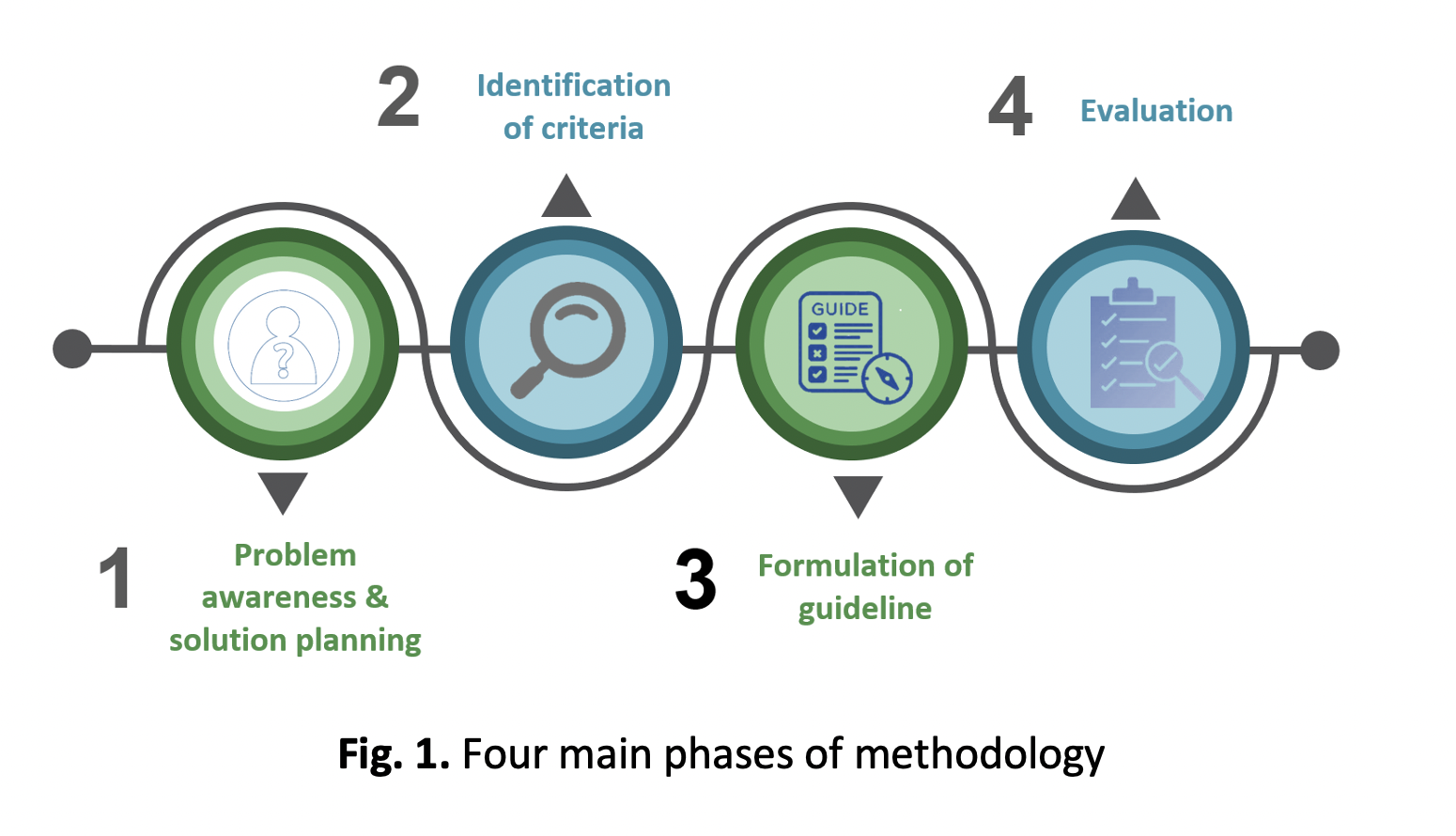Game-based Technology for Elderly with Memory Disorder: Criteria and Guideline of Mobile Psychotherapy Games
DOI:
https://doi.org/10.37934/araset.28.2.162180Keywords:
Digital game technology, elderly, memory disorder, psychotherapy gameAbstract
The advancement of technology in healthcare has promoted changes in traditional intervention or treatment of diseases. The utilization of technology via digital games has become one of the alternative interventions for memory disorder which can be considered as supplementary tool to traditional therapeutic methods compared to pharmacological treatments which are not only expensive but also associated with significant adverse effects. Using psychotherapy games as non-pharmacological interventions is more human-centred and have been considered as the best alternative. Although games have been widely used in many domains including entertainment, education and psychotherapy, criteria and guidelines of psychotherapy games particularly for memory-disorder are not clearly defined. This could consequently result in developing ineffective game-based therapy for patients. This article proposes a guideline and criteria that can help in designing and developing psychotherapy games to be utilized in treating memory disorder patients. Combination of systematic literature reviews and interview were employed to acquire the list of criteria needed for psychotherapy games. A total of 25 criteria are identified and have been classified into four main categories are proposed as a guideline. To evaluate the proposed guideline, a Neuro-therapy game is designed and developed using prototyping approach. A significant contribution of this study is the criteria and guidelines for psychotherapy game which will benefit game developers and practitioners who directly involved with psychotherapy programs with memory disorder patients. The proposed criteria and guidelines can be adapted to other psychotherapy domain, such as special needs education therapy, jobs screening, and occupational therapy. Furthermore, this could possibly improve the existing intervention practices by having more accurate measurement through game-based approach.Downloads

Downloads
Published
2022-10-21
How to Cite
Noraziah ChePa, Laura Lim Sie-Yi, & Sumayyah Adetunmbi. (2022). Game-based Technology for Elderly with Memory Disorder: Criteria and Guideline of Mobile Psychotherapy Games . Journal of Advanced Research in Applied Sciences and Engineering Technology, 28(2), 162–180. https://doi.org/10.37934/araset.28.2.162180
Issue
Section
Articles




























